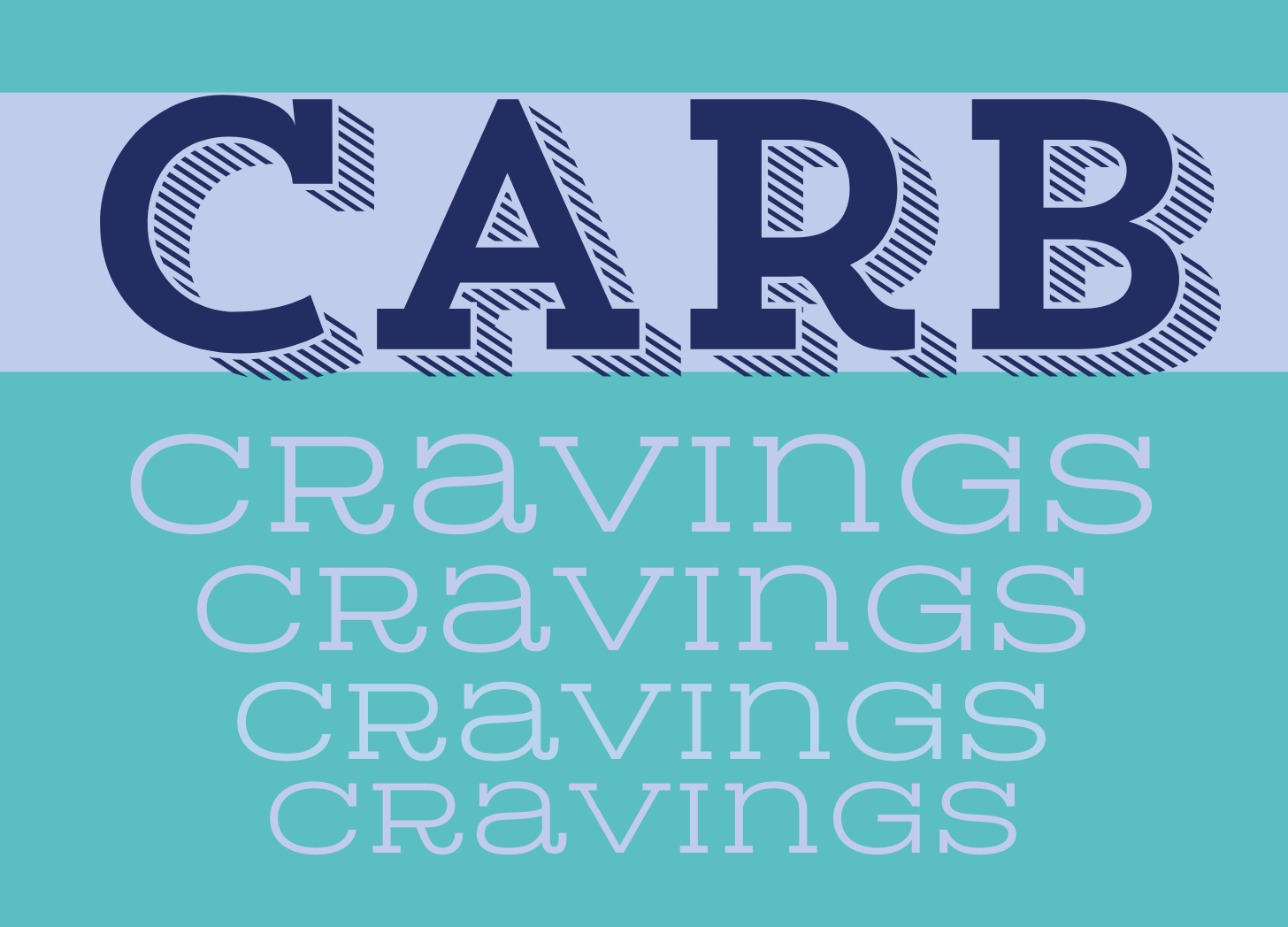Understanding Carb Craving
Considering Nutrient Imbalances, Neurotransmitters, Microbiome, Metabolism, Diet, Hydration, Sleep & Meal Schedule, Culture, Attachment Experience, Ability to Regulate Our Emotions, Trauma & Stress
In my daily work with patients, I find that carb craving is one of the most challenging and common obstacles to healing and thriving.
A high-carb diet, whether it’s sugar, refined carbs, or even a diet especially high in fruit and starchy vegetables, can contribute to many of the root causes of brain symptoms. Such a diet will feed problematic microbes such as candida and mold and increase oxidative stress and inflammation. It can also create insulin resistance in the brain and secondarily contribute to nutrient imbalances. We weren’t made to eat as many carbs as our culture feeds us.
Of course, we all vary in how much we crave carbs and how serious the consequences of eating a high-carb diet will be.
Multifaceted
As with anything I write about, we don't have all the answers. Carb craving appears to be multifaceted and involve varying combinations (in no particular order) of our:
Genes and methylation
Neurotransmitter functioning
Microbiome
Metabolism (insulin resistance)
Diet
Meal schedule
Sleep habits
Our culture
Attachment experience
Ability to regulate our emotions
Trauma
Daily stress




